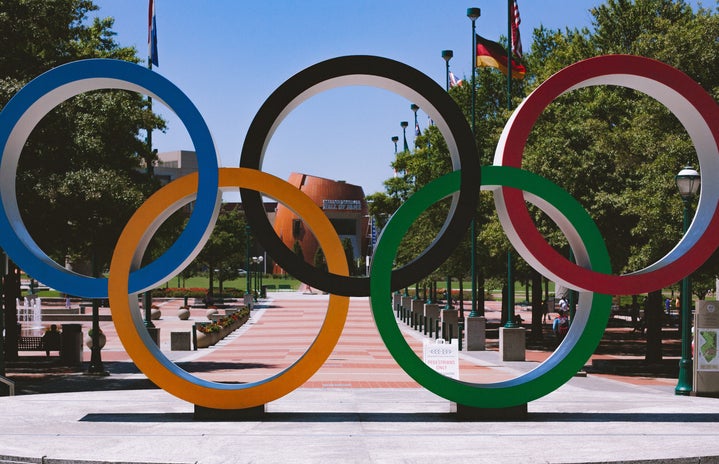Representation matters, and the Olympic Committee and the United States actively pursue fairness and equity in all sports. With the Winter Olympics commencing this past weekend, there has been controversy surrounding trans representation, specifically trans women athletes.
In 2015, the International Olympic Committee (IOC) guidelines stated that transgender women could compete if their total testosterone level in serum is below 10 nanomoles per liter for at least 12 months. Biologically both males and females have testosterone, but males have a higher concentration than females.
In 2021, the IOC and the International Weightlifting Federation approved Laurel Hubbard, a trans woman, to compete in the 2020 Summer Olympics. Hubbard transitioned nearly 10 years ago, which meant her testosterone levels were below 10 nanomoles per liter. Under the IOC’s 2021 framework, there is no presumption that trans women have an automatic advantage over natal women, meaning that the Games are fair and equitable.
USA Swimming recently reported new regulations that impact trans women’s eligibility to compete for the U.S. team in the 2024 Summer Olympics. The two requirements, released this January, are that testosterone concentration in the blood must be less than five nanomoles per liter for at least 36 months before they apply to compete. The athletes must provide evidence that going through puberty as their sex assigned at birth “does not give the athlete a competitive advantage over the athlete’s cisgender female competitors.”
Some have argued that the new guidance will bar young trans athletes who haven’t undergone hormone therapy from competing for years. The policy states that athletes in the 13-14 age group will need to abide by the procedure in order to set USA Swimming national age-group records. This is because not all trans people want to undergo hormone therapy, as it is an emotional process. The World Professional Association for Transgender Health, a nonprofit organization considered the leading body in transgender care, states that treatments are highly individualized in their standards of care.
Lia Thomas, a 22-year-old transgender swimmer at the University of Pennsylvania, has been shattering women’s records at the school, leading to controversy over whether she is eligible to compete in the sport as a woman. Three years earlier, in November 2019, Thomas competed as a man, but then transitioned and underwent hormone suppression therapy for a year. The NCAA rules mandate at least one year of testosterone suppression treatment to be eligible to compete as a woman. Under this guideline, Thomas is eligible to compete.
Previous Olympics competitors have weighed their opinions on trans members in the Games. Transgender Olympian Caitlyn Jenner, gold-medal-winning decathlete, stated in an interview with Fox News 11 and on Twitter on January 28, 2022, “We must protect women’s sports. We cannot bow down to the radical left-wing woke world and the radical politically charged agenda of identity politics.“ Jenner believes that the inclusion of trans women in women’s sports is unfair to natal women.
While more legislation regarding gender equality in all sports, specifically the Olympics, is still being worked on, it is essential to highlight all the perspectives and opinions brought up to this point. Right now, all regulations for eligibility in sports are based on hormone levels, but there could be changes or adjustments in the future for the Games and U.S. sports.


